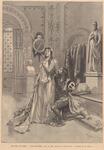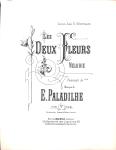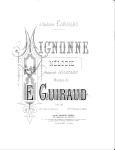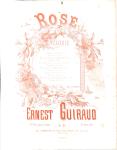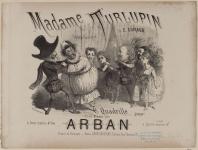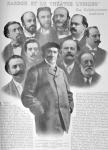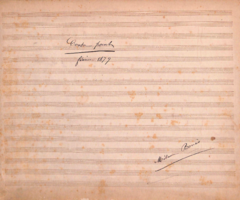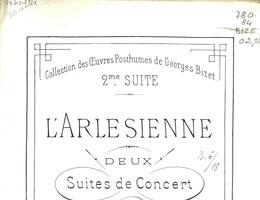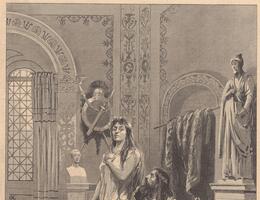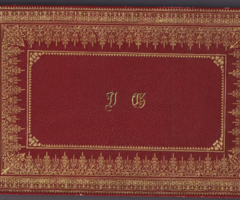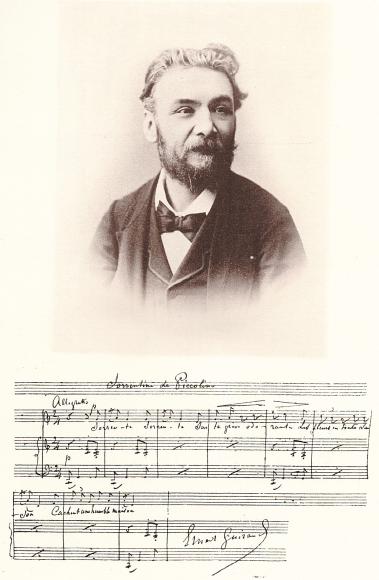
Ernest GUIRAUD
1837 - 1892
Composer
Ernest Guiraud was born in New Orleans, where his father Jean-Baptiste Guiraud, winner of the Prix de Rome in 1827, had gone into exile following the failure of his works for the theatre. In Louisiana, the young Ernest studied music with his father. He was fifteen when his family returned to Paris and he then entered the Conservatoire. He studied composition with Halévy, received a Premier Prix in piano in 1858 and won the Prix de Rome by unanimous decision of the jury in 1859. For his theatrical debut, Guiraud created Sylvie at the Opéra-Comique (1864), a one-act work that gained him a reputation. En prison (1869) and Le Kobold (1870) met with a more lukewarm reception and it was not until 1876, with the premiere of Piccolino, that he enjoyed the great success of his career. Moreover, his qualities as a transcriber, arranger and orchestrator were unanimously acknowledged, which led to close collaborations with Saint-Saëns, Paladilhe, Dubois and above all Bizet, with whom he formed a lasting friendship. After Bizet’s death, Guiraud composed the recitatives that replaced the spoken dialogue in Carmen and arranged an orchestral suite from the opera. He also completed the orchestration of Les Contes d’Hoffmann after Offenbach died. Guiraud continued to write for the opera house (La Galante Aventure, 1882; Madame Turlupin, 1872; Frédégonde, completed by Saint-Saëns and Dukas in 1895), composed a ballet for the Paris Opéra (Le Forgeron de Gretna-Green, 1873) and also distinguished himself in the orchestral field with his Première Suite d’orchestre and his symphonic poem Chasse fantastique (1887). The author of a Traité pratique d’instrumentation, Guiraud taught at the Paris Conservatoire from 1876 onwards; his pupils included Satie, Dukas and perhaps most notably Debussy, whose musical emancipation he ardently encouraged.
Scientific publications
Publication
Lettres de compositeurs à Camille Saint-Saëns
Articles


